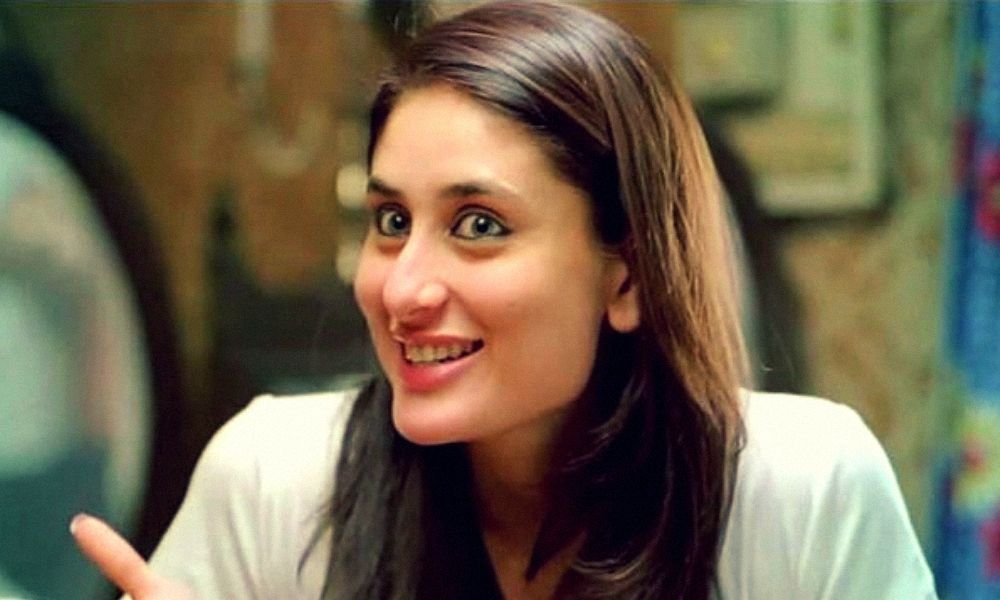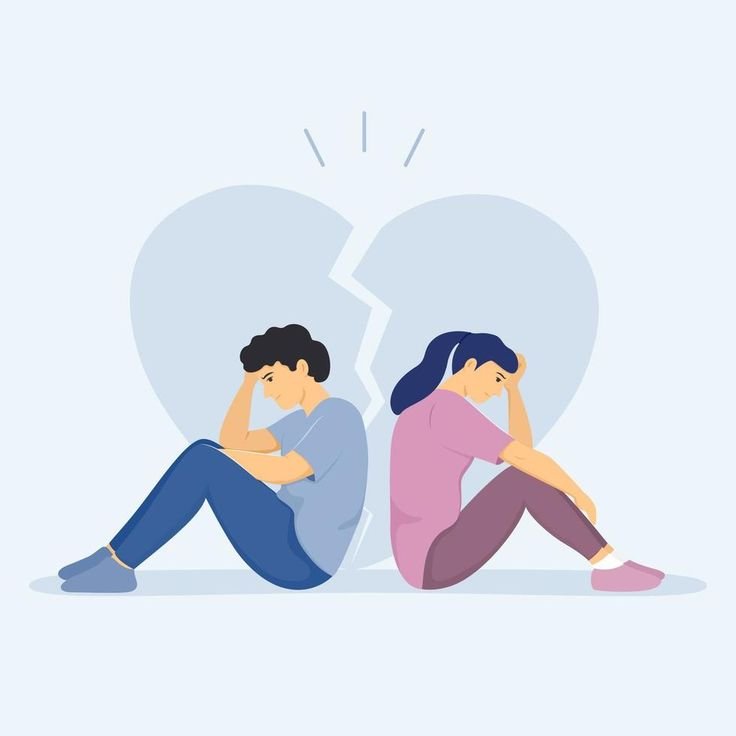It’s Not Always Them: Recognising Our Own Toxic Patterns in Relationships (Because We All Have Some)
Have you ever found yourself watching a Bollywood movie, seeing a completely chaotic character, and thinking “Oh God, thank God I’m not like that”? Only to have a quiet voice inside you whisper, “But are you sure?”
Yeah… same.
Whether it’s Geet from Jab We Met running away from problems or Kabir from Kabir Singh with his anger issues Bollywood mirrors some uncomfortable truths. We’re quick to notice toxic traits in others (especially our partners) but rarely do we sit down and ask ourselves, “Wait, am I the drama too?” The truth is: we all bring something into a relationship. Some of it is love and laughter; some of it is baggage we didn’t even know we were carrying.
It’s not about inducing guilt. It’s about holding up a soft mirror, looking with honesty, and saying, “Okay, maybe I can do better.”

- The Constant Need for Validation
You send a text “I miss you.” Five minutes later: no reply. You immediately spiral: “They don’t love me anymore. They’re probably talking to someone else.” Sound familiar?
This isn’t about them being inattentive. It’s about us needing constant reassurance to feel secure. Sometimes, when we seek validation over and over, it silently puts pressure on the relationship. We expect our partner to fix our internal insecurities — and that’s a burden no one deserves to carry.
Bollywood flashback: Think of Rani from Queen. She realises that she doesn’t need anyone else’s validation to feel worthy. She blooms when she finds it within herself.
- Stonewalling: The Silent Treatment Game
Another day, another fight. Instead of talking, you withdraw. Stop replying. Put one-word answers. You wait for them to chase you, apologise, beg even. This “punishment” feels powerful in the moment, but honestly? It’s emotional manipulation. Silent treatments create deep wounds that words later struggle to heal.
If we grew up thinking ignoring people was how you showed hurt, it’s easy to repeat it in adult relationships but it doesn’t solve anything. In fact, it pushes love further away.

- Unrealistic Expectations: Bollywood vs. Reality
We all love a good love story. But no, your partner isn’t going to show up outside your office in the rain holding a boombox like in those 90s Shah Rukh Khan movies. (And honestly, if they did security would probably throw them out.)
Sometimes, we measure our partners against fantasy standards we don’t even realise we have. Expecting them to read our minds. Expecting them to always say the right thing. Expecting grand gestures without communicating our needs. When reality doesn’t match, we feel disappointed and unloved not because they failed, but because our expectations were never realistic to begin with.
- The Victim Complex: “It’s Always Happening To Me”
A friend once told me, “If you’re always the victim in every story you tell maybe it’s time to check if you’re also the villain sometimes.” Ouch. But also true. It’s easy to fall into a narrative where we’re the misunderstood ones, the ones always giving more, always loving harder. But relationships are rarely so black-and-white. Owning our mistakes “Yes, I overreacted.” or “I was unfair.” takes real courage.
Bollywood moment: Remember Bunny from Yeh Jawaani Hai Deewani? He had to step back and realise he was hurting people with his choices. His journey wasn’t about someone else fixing him. It was about growing up.
- Defensiveness: The Art of Not Listening
Ever been in an argument where the second your partner says, “Hey, it hurt me when…” You immediately jump to, “But you hurt me too!” or “You’re just too sensitive.” Defensiveness shuts down healthy communication faster than a power cut during IPL finals. It makes the other person feel unseen and invalidated. Listening truly listening without planning your comeback in your head is HARD. But it’s what love demands. So… What Now? You might be thinking, “Well, what’s the point if I’m so messed up?”
First welcome to being human. We all have patterns some inherited, some learnt, some pure self-protection from times when we didn’t know better. But the beautiful part? Patterns can change.
- Start small: Notice your emotional reactions.
- Sit with uncomfortable feelings without immediately reacting.
- Apologise when you mess up. Mean it.
- Talk to your partner honestly: “Hey, I’m working on myself. Please be patient with me.”
Healing isn’t instant, and it’s definitely not linear. But imagine being in a relationship where both people are working not just to love each other, but to love each other better. Now that’s the real Bollywood romance.
Closing thought
The next time you watch a messy, flawed character on screen, smile a little. Because maybe, just maybe, the best love story you’ll ever write, is the one where you learned to grow for yourself, and for the one you love.
Found this helpful? Subscribe below for more

